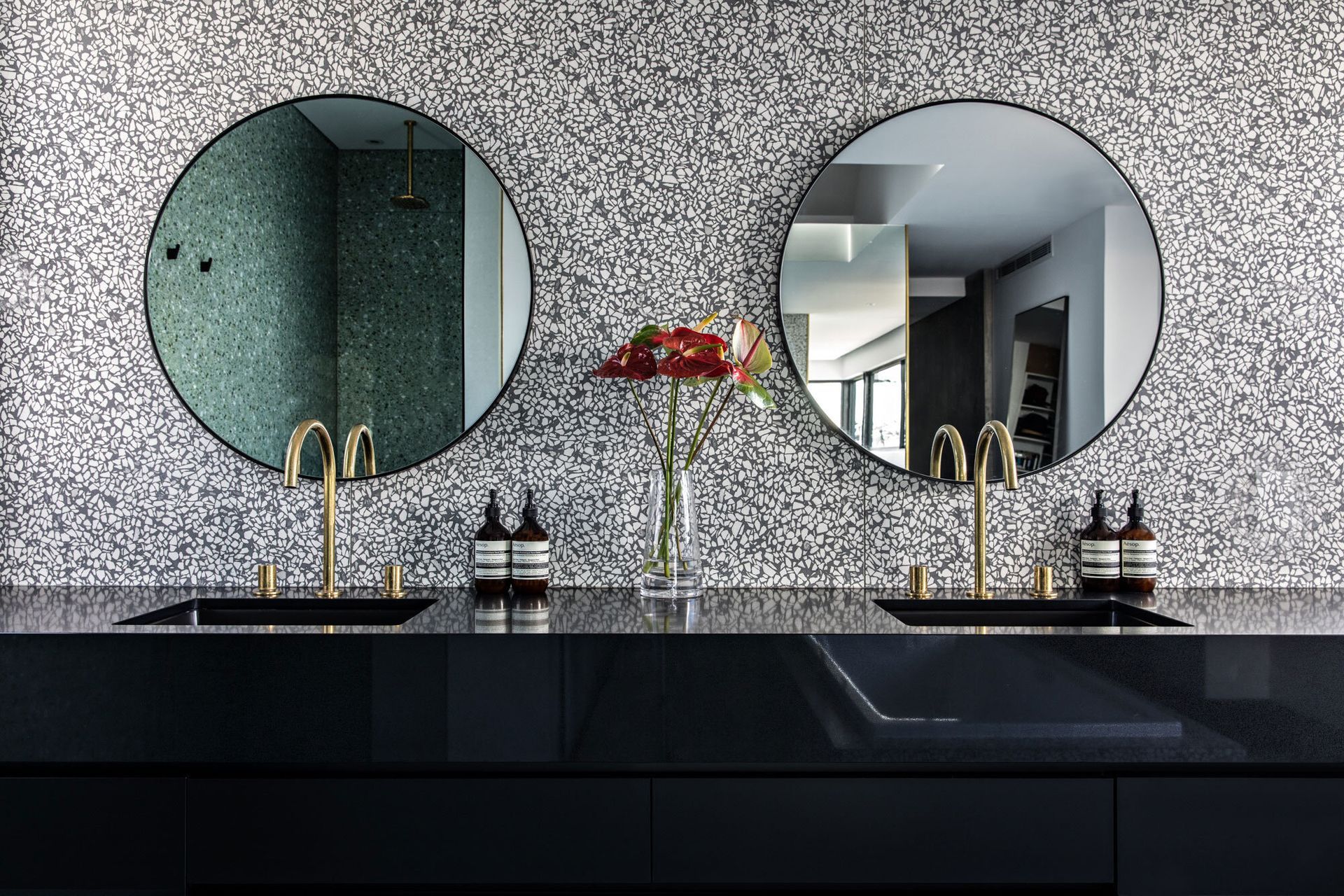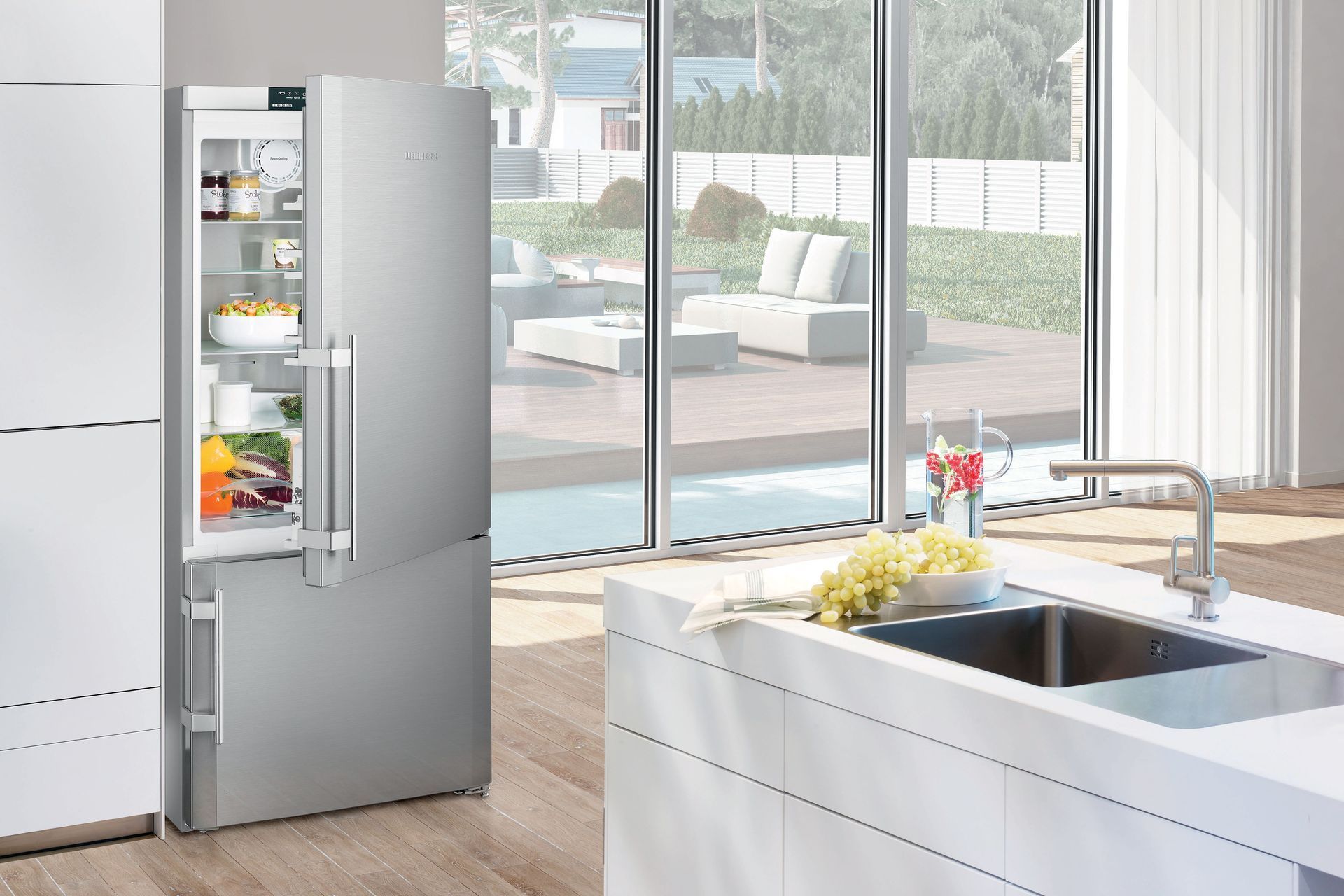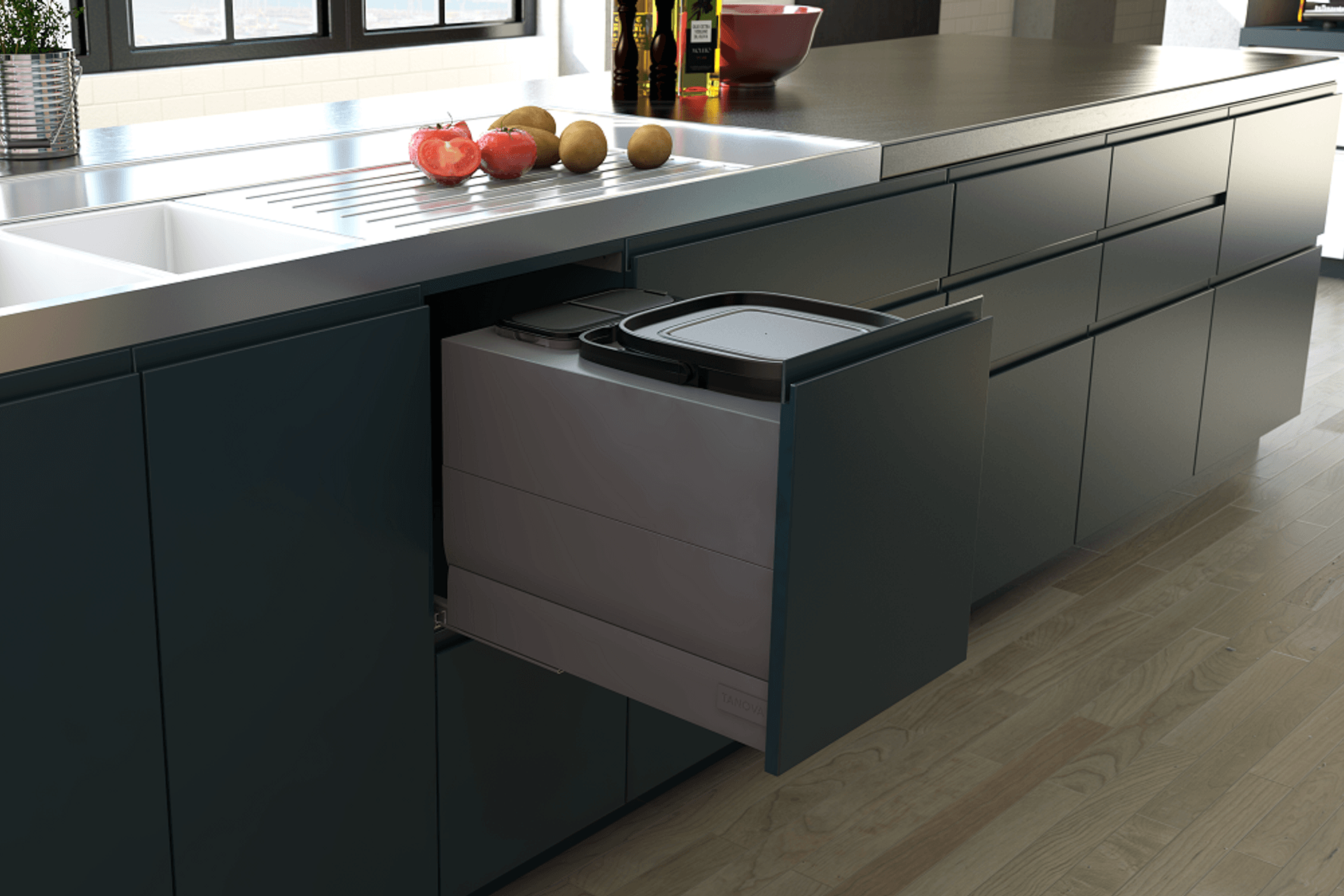Go green: 8 easy-to-implement tips for an eco-friendly household
Written by
16 August 2022
•
4 min read

With climate change well and truly part of the collective consciousness, many homeowners are looking to reduce their impact on the environment. While taking measures to reduce your overall energy expenditure lessens both your carbon footprint as well as your power bills, making simple everyday changes can also be an effective way to live a more sustainable life.
Reduce food waste
According to the Department of Climate Change, Energy, the Environment and Water, Australians waste 30% of the food we purchase, equating to a whopping 3.1 million tonnes of edible food a year. When rotting food enters landfills, it is converted into methane gas through a process known as anaerobic decomposition, which contributes to greenhouse gas emissions. Food wastage also represents a significant financial loss, costing Australian households between $2200 to $3800 a year.
To reduce food waste, plan your meals in advance to avoid purchasing unnecessary perishable items and ensure you check your current produce before heading to the supermarket. Food storage also plays an important role in reducing waste, so check your fridge and freezer are set to the right temperature (between 3°C and 4°C for the fridge and between minus 15°C and minus 18°C for the freezer).
Start composting
To avoid any food scraps undergoing anaerobic decomposition and releasing methane gas, it’s important to establish a composting system.
A composting system can be as simple as placing a large crate with holes for drainage in the backyard. Composting then requires dead plant matter – think leaves, twigs, paper and cardboard – topped with plant material such as your fruit and vegetable scraps, coffee grounds and egg shells. Alternatively, a Bokashi bin is an easy composting solution and can fit in any type of kitchen.
Buy local
When possible, buy locally sourced fruit and vegetables. Not only are you supporting Australian farmers and growers, buying local produce also helps reduce carbon emissions from food miles. Food miles refers to the distance food travels from producer to consumer, with global food miles accounting for almost 20% of total food-related emissions.

Turn off the tap
You needn’t forego showers to save water; simply turning off the tap while you brush your teeth and wash your face can save up to 30 litres of water a day.
Clean up your cleaning products
Swapping your cleaning products for eco-friendly versions reduces both your impact on the environment and exposure to potentially harmful chemicals. Selecting plant-based, non-toxic formulas prevents air, water and land pollution, while selecting options with biodegradable packaging prevents bottles and containers from sitting in landfill once empty.
Quality over quantity
Even the most ardent maximalists should opt for quality over quantity when it comes to furnishing and decorating their homes. Selecting high-quality bedding, soft furnishings, homewares and decorative objects ensures they will stand the test of time and won’t need to be replaced every few years.
Dispose thoughtfully
Aside from regular recycling and green waste, certain household items need a little extra consideration when it comes to disposal. Our rapidly evolving technological landscape has resulted in increased disposal of mobile phones, computers and televisions, broadly known as ‘e-waste’. These shouldn’t be placed in your kerbside bin; instead, visit Recycling Near You to find a dedicated e-waste recycling facility.
The same goes for leftover waste from renovations such as paint and building materials, which should be disposed of appropriately or donated if possible.
Get plant happy
Filling your home with plants not only taps into the benefits of biophilia, but also works to improve air quality. Low-maintenance plant options include lady palms, orchids, dracaena and peace lilies.
Looking to reduce your energy consumption? These simple changes will reduce your energy usage and your power bills.


